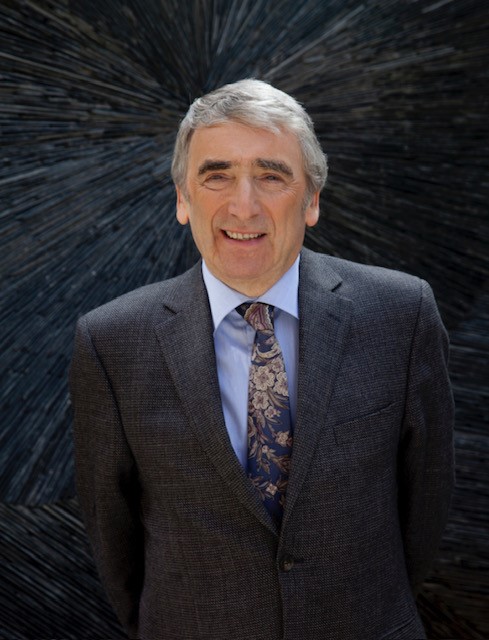Herman Waldmann awarded Royal Society Medal

Image credit: Cambridge Jones
Prof Waldmann chose a career in Immunology because he recognised early on that the field offered huge translational opportunities, especially if one could exploit mechanisms of immunological tolerance. The discovery of monoclonal antibody technology by César Milstein in 1975 provided the tools that Prof Waldmann needed to test hypotheses about mechanisms involved in the induction of tolerance. Marrow transplantation in the late 1970s was beset by problems of histo-incompatibility, especially Graft versus Host disease (GVHD) caused by donor T-lymphocytes attacking the host. Waldmann identified a rodent IgM monoclonal antibody (CAMPATH-1M) that could, in the test tube, ablate T-lymphocytes in the donor marrow, and later a rodent IgG form of the antibody (CAMPATH-1G) that was lytic in vivo, and stopped recipients rejecting their marrow.
In 1988 with Greg Winter, CAMPATH-1G was engineered to become the first therapeutic humanized antibody (CAMPATH-1H) to be administered clinically. In 1994 Prof Waldmann was appointed Head of the Dunn School of at Oxford. This enabled him to focus his work on the development of therapeutic monoclonal antibodies, particularly to control autoimmune responses in a variety of diseases, including multiple sclerosis, vasculitis, organ transplantation and Type I diabetes. With Professor Geoffrey Hale, he was the first to develop a licensed academic manufacturing facility for clinical-grade antibodies for therapeutic studies. Many of these have since been transferred to the pharmaceutical industry, including Campath-1, now licensed as Lemtrada for the treatment of Multiple Sclerosis.
Since stepping down as Head of the Dunn School in 2013, Prof Waldmann has maintained an active research programme and continues to be a leader in the therapeutic opportunities associated with manipulating immune tolerance and other immunotherapy.
Professor Waldmann said: ‘This is a wonderful recognition of an exciting journey begun 40 years ago together with Geoff Hale, Stephen Cobbold, Mike Clark, and Mark Frewin who provided a foundation that drew many collaborating scientists and physicians to come and work with us.’
Herman Waldmann studied Natural Sciences in Cambridge, followed by clinical training at the London Hospital, and a PhD in immunology in Cambridge. Before joining the Dunn School as Head of Department, he was the Kay Kendall Professor of Therapeutic Immunology at the University of Cambridge. Since 2013 that is Emeritus Professor of Pathology at the Dunn School.
The Royal Society Medals are one of the most prestigious honours awarded by the Royal Society every year. Established in 1825 by George IV, each year two medals are awarded for the most important contributions to the advancement of “Natural Knowledge” in the physical and biological sciences respectively. A third medal is awarded for distinguished contributions in the applied sciences. Previous Dunn School winners of the Royal Society Medal include Prof Elizabeth Robertson and former heads of department Henry Harris and Howard Florey.
Infection and Immunity
Several Dunn School groups use a range of approaches to investigate antigen presentation and immune regulation during health and disease and study the mechanisms that enable bacterial and viral pathogens to invade and proliferate inside their hosts.
Our History
Over our 100 years of history, our research has saved millions, if not billions, of lives. The development of the first antibiotic, penicillin, ranks among the top medical discoveries of all time, but we have never rested on those laurels.
More news
The latest news stories and research highlights from the Dunn School.